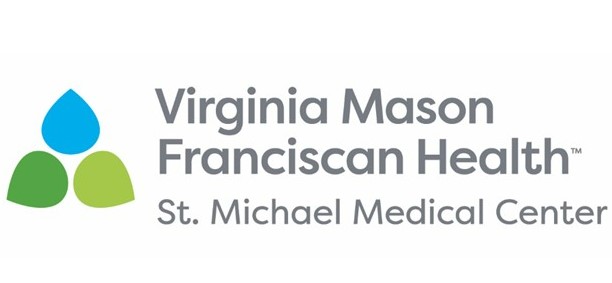KEDA Voices: Could a slowdown in the economy actually help Kitsap right now?

27 Jun 2022
Executive Director Monthly Column, KEDA Voices, Economy
2022 is half over. Behind us sits a robust economy. In front, one that might be more tepid.
 Joe Morrison, KEDA Executive Director for the Kitsap Sun
Joe Morrison, KEDA Executive Director for the Kitsap Sun
According to a recent Washington Post article, consumer spending makes up more than two-thirds of the U.S. economy. Recent analyses in the piece by both Barclays and Charles Schwab find that restaurant, travel-related and services spending is starting to weaken.
So at a recent economic development event I asked some Kitsap CEOs this related question: With a potentially slowing economy, what opportunity or challenge do you see in front of your business?
Port Madison Enterprises CEO Rion Ramirez talked about how, with the ongoing inflationary environment, he has concerns about decreased activity at the hospitality businesses of his firm, like Clearwater Casino, if patrons cut back. He also talked about the challenge facing nearly every enterprise in the U.S., from nonprofits to public companies to private firms like his: They need many more workers.
“Normally we’d be open 24 hours a day, seven days a week,” said Ramirez. “Right now we’re only doing that on weekends. From staffing gaming tables, to our restaurants, for anything we operate having enough people is difficult.” Given the overall environment of increasing interest rates, gas prices and inflation, Ramirez explained that his firm was taking small steps to mitigate costs for employees, like offering gas discounts.
Pacific Northwest Title CEO Chris Rieland also brought up that when it comes to workforce, there might be more than economics regarding what people are going through right now.
“I think many people are just so drained, exhausted after COVID, after what we’ve been through these last few years,” Rieland said. “They approach work differently. Some have decided to retire, or do something different. Some are very grateful to be back in the office and to have a distinct place to work. Some are happy to be able to work from home and to have that flexibility. I think in the end, we’re all still figuring this out.”
With unemployment rates still generally considered low (3.9% in Washington in May 2022), all CEOs at the event agreed not having enough employees was a challenge. The surprise was that two found potential positives in a slowing economy. At Bremerton-based manufacturer SAFE Boats International, CEO Richard Schwarz acknowledged that the economy coming down from recent highs might help business.
“In the last two years, many people bought RVs or boats. That was a popular form of recreation during COVID,” Schwarz said. “But that demand made it harder for us to get the materials we need for our business. Right now for outboard engines, lead times are 67 weeks. If the economy slows, it might decrease pressure on the supply chain. It also won’t necessarily affect government purchases, who are our core customers, as they all still need to conduct significant patrol and rescue activities given the number of boats bought during COVID. This all might help us focus our business more efficiently.”
CEO Rieland also saw silver linings from a potentially slowing economy, especially when it comes to Kitsap’s housing market.
“What we’ve been seeing over the last few years is a lot of families helping each other out with purchases, older generations getting involved with family members buying their first home, helping with down payments,” Rieland said. “What we’ve also seen is a lot of “all cash” offers, often well over a half-million dollars. We’ve seen people buying houses they don’t want, but that’s what they had to do to find a home. Now the housing market is slowing, but we still have a ways to go before we return to anything like normal.”
Our current economic reality is this: Inflation is at its highest in decades, and the federal reserve is aggressively raising interest rates to attempt a “soft landing,” trying to bring down economic growth from pandemic heights with the least amount of pain possible. They may not be able to do this: A recent Financial Times article found that 70 percent of academic economists polled believe the US economy will tip into recession in 2023.
But recessions are often compared to wildfires: They can be destructive, and painful, but frustratingly good for the soil. They are a necessary and corrective part of the economic cycle that bursts bubbles and clears away noncompetitive businesses. As some of the CEOs in this article point out, slow economic environments can have positive effects.
And if we’ve just been through a pandemic, where we’ve had a remarkable amount of economic growth during a time when the economy should have struggled, it might just be time for things to slow down.
More Topics








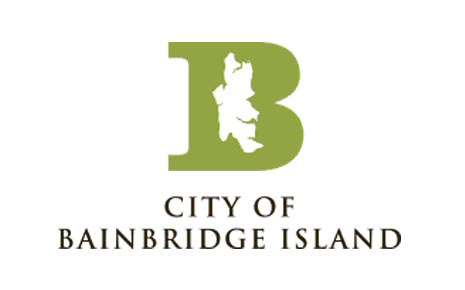
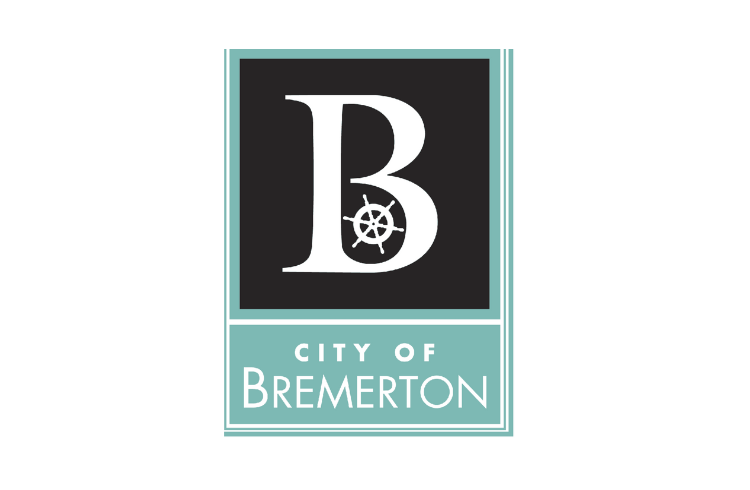
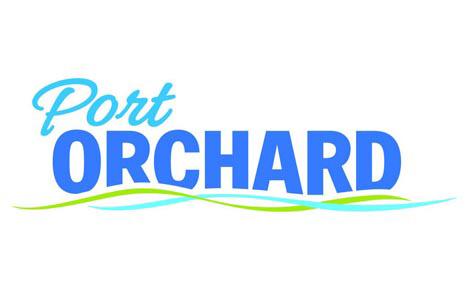


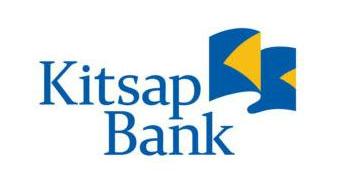
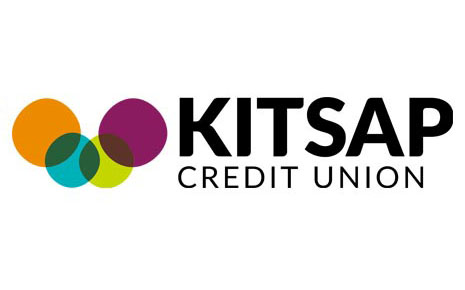
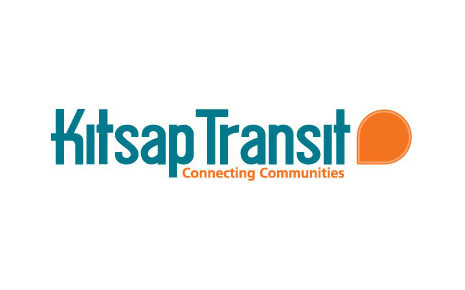
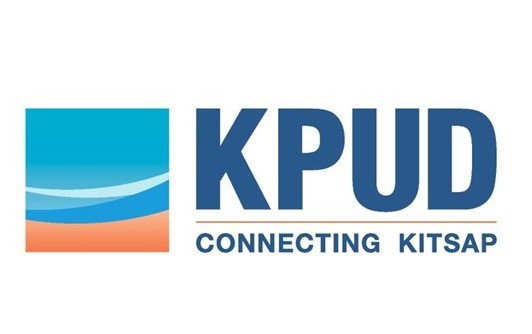
.png)

.png)

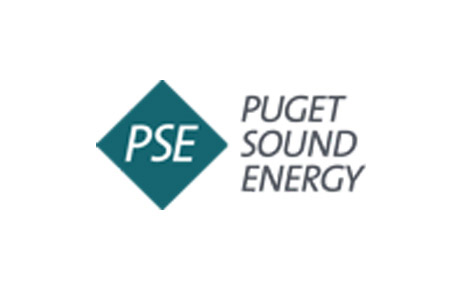


.png)
